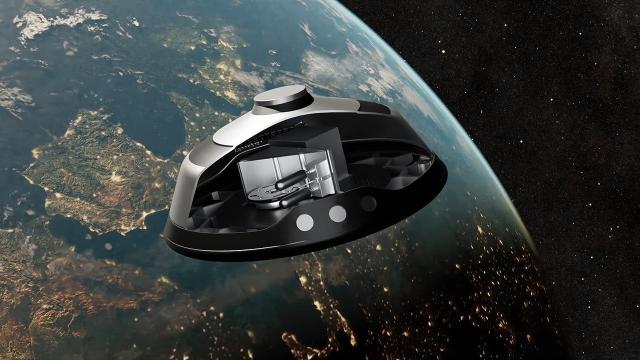Understanding the complexities of human reproduction in the harsh and unfamiliar conditions of space is becoming increasingly relevant as space tourism advances and the ambition to colonize other planets grows. Scientists are examining the challenges surrounding sex and conception in microgravity environments, a crucial aspect for long-term space habitation and for humanity to thrive as a multi-planetary species. The intricacies of sexual relations in a zero-gravity environment pose various challenges, from the mechanics of intimacy to the need for stringent hygiene. Dr. Shawna Pandya and other experts are calling for ethical considerations as humans naturally compete to achieve milestones including space copulation and conception.
SpaceBorn United, a Netherlands-based company, is actively researching Assisted Reproductive Technology in Space (ARTIS). The company is developing a minilab capable of simulating Earth, Mars, and Moon gravity levels, aiming to test in vitro fertilization (IVF) in space. The company's 2024 mission plans to create mouse embryos in space and study their development. Their long-term goal is to test human reproductive cells after successfully trialing mouse cells. The mission includes cryogenic freezing of embryos and real-time observation by artificial intelligence. Dr. Angelo Vermeulen of SpaceBorn United highlights the importance of addressing the ethical ramifications of such experiments.
What are the potential complications of human reproduction in space?Human reproduction in space may face complications related to the absence of Earth's gravity, which affects cell biology and development. The weightlessness environment can alter fundamental biological processes required for conception and fetal development, possibly resulting in unforeseen health issues for the embryo. Additionally, the consequences of exposure to space radiation on reproductive cells and embryos are not fully understood and need thorough investigation.
The article discusses the possibility of humans being able to conceive in space. However, background information on specific video games or movies was not provided due to the scientific nature of the content.








Comments
Well, it seems like the birds and the bees talk is about to get a whole lot more complicated with these advancements in space reproduction—imagine your first words being Houston, we have a baby While it's pretty wild to think of a baby's first kick being in zero-G, it’s crucial that the science keeps ethical considerations up there with the stars, or we might find ourselves in a real-life sci-fi scenario pretty soon.
The final frontier just got a bit more intimate, huh Figuring out the birds and the bees in zero-G is some seriously bold gameplay—combining science and the human experience in ways no one has ever seen before.
It's fascinating how science fiction is slowly becoming science fact with these advancements in space reproduction studies. Tackling the birds and the bees in zero-G is truly the final frontier for human biology—it's like the ultimate hard mode in the game of life.